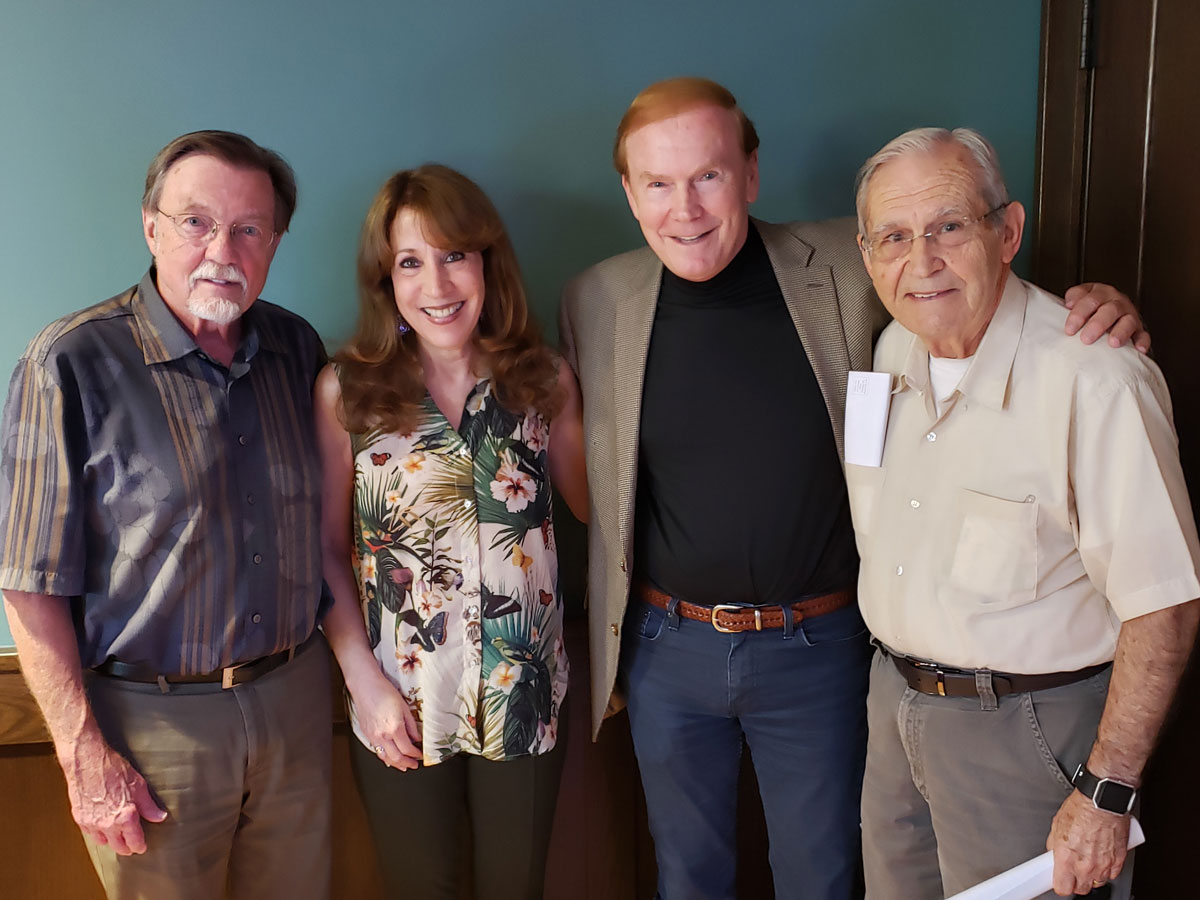
As a fifth grader growing up in a rough neighborhood outside Washington D.C., Diana Fishbein frequently wondered, “Why?”
The future criminologist and neuroscientist could not square why some kids got involved in drugs and others did not. Why some joined gangs while others resisted? Why alcoholism and drug abuse affected some and not others? Why was domestic violence a feature of life for so many?
“I remember very clearly wondering, ‘why do some people exhibit these risk behaviors and why others do not?’” she said. “At the time, I surmised that it depended on the family and the kind of support, love, and nurturing, that would determine a life’s trajectory.”
Fishbein experienced that protection but many of her friends did not.
She added: “It was very simplistic answer and I know now it’s much more complicated.”
The need for answers led Fishbein to Florida State University’s College of Criminology & Criminal Justice, where her questions crystallized into a lifelong pursuit to untangle the complexities of criminal behavior and the factors that shape our lives from infancy onward.
She earned three degrees at the College, including a doctorate in criminology with a concentration in brain science in 1981, and was inducted into the CCCJ Hall of Fame in 2019. Fishbein’s work was the subject of a feature article in the spring edition of Challenges, a publication of the NOVA Institute for Health showcasing outstanding researchers and their impactful work.
FSU’s impact on Fishbein was indelible.
“I think of the diversity of ideas and perspectives that I experienced at FSU and the broad range of expertise students were exposed to,” she said. “The College gave students the flexibility and accommodation to pursue their passion so, if I wanted to branch out and take courses in other departments, it was encouraged.”
That encouragement from FSU researchers spurred Fishbein’s interest in studying the brain’s role in risky behavior and her groundbreaking work researching the impact of adverse childhood experiences on long-term health and well-being.
Former FSU Professors like C. Ray Jeffery, Ted Chiricos, and the College’s Dean, Tom Blomberg encouraged her interdisciplinary training. Their influence —professionally and personally— was profound.
“C. Ray Jeffrey developed the models that drove my entire career,” she said. “By presenting transdisciplinary methods and developmental approaches to understanding interactions between neurobiological processes and environmental factors.”
She added: “Ted Chiricos hammered into his students that we should avoid reductionist viewpoints. He wanted us to critically examine societal systems, existing biases and be informed by context. Tom Blomberg instilled in us the theoretical foundations for understanding and addressing criminality and the behavior of the justice system itself from a diverse range of perspectives.”
She credited former Professor Gordon Waldo for expanding her methodological and statistical skillset to study relationships of interest to her and stimulating her interest in policy work to change prevailing injustices.

The College’s commitment to translational research remains a guiding force in her current role as a senior research scientist at the Frank Porter Graham Child Development Institute at the University of North Carolina at Chapel Hill
“You start with a research question but then you ask, ‘what purpose will an answer necessarily serve?’” she said. “We don’t do this work to count the number of publications, the number of presentations and the number of grants. Who cares if all we are doing is talking to other scientists and it's not being used in the real world?”
In addition to her duties at UNC, she founded and directs the first organization in the U.S. to translate prevention science to policy: the National Prevention Science Coalition to Improve Lives (NPSC). Legislators regularly rely on her expertise; she has led over 25 congressional hearings and is the winner of dozens of awards and honors bestowed both inside and out of academia. That list includes the 2019 Outstanding Contributions to the Advancement of the Field of Prevention Science from the Society for Prevention Research and a Highly Published Authors Award from Research Triangle International for her work between 2002 and 2013.
Still, her focus remains on producing research and informing policy that makes a difference in the real world.
“I developed an arm of NPSC to advance prevention solutions to the opioid crisis and we're trying to influence the way states use the pharmaceutical settlement money so we can more effectively tackle the substance use disorder crises,” she said. “We know we are not going to make a dent with more law enforcement, or more prisons or even with more treatment. We've got to avert trajectories of children and adolescents away from substance use in the first place by focusing on root causes.”
She added: “So, that translational focus is a priority in my daily work.”
For more information visit, criminology.fsu.edu.
